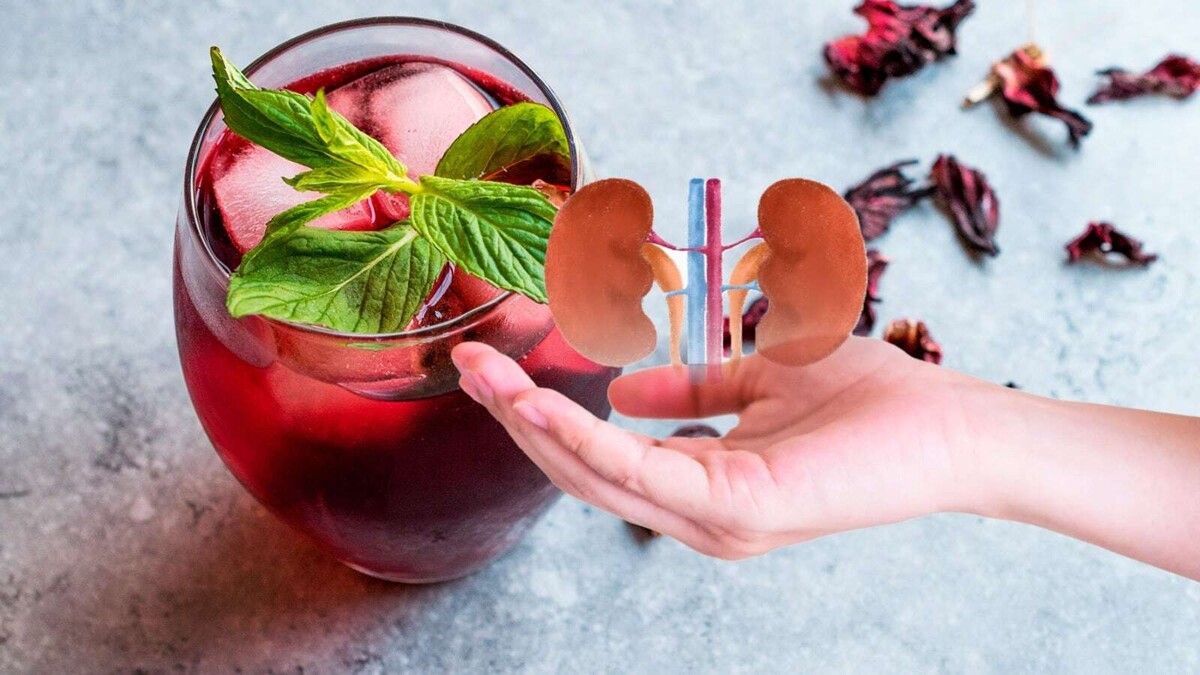
Hibiscus water is a simple drink to prepare that can offer health benefits when consumed in moderation. To make hibiscus water, you need 2 cups of dried hibiscus, 2 liters of water, ice (to taste), and honey (optional). To prepare it, boil the hibiscus flowers in half a liter of water for 5 minutes.
Despite its health benefits, hibiscus water can have side effects and contraindications. For example, it may interfere with some medications and cause liver damage if consumed in excess. Additionally, it may lower blood pressure, so it is advisable to be cautious with its intake.
Although it has not been proven that hibiscus water has a direct impact on the prevention or treatment of kidney stones, it can be a good alternative for staying hydrated. It is suggested to drink enough water throughout the day to promote kidney health and prevent diseases such as chronic kidney disease.
Studies have suggested that hibiscus water may have diuretic effects, meaning it can help the kidneys eliminate water and salt through urine. However, more research is needed to support these findings. Nevertheless, for individuals with kidney diseases, it is recommended to consult a doctor or nutritionist before incorporating hibiscus water into their diet.
Moderate consumption of hibiscus water, along with a balanced diet, can be beneficial for the kidneys. Some studies suggest that this drink may have protective effects on the kidney and help lower blood pressure, which is important for kidney health. Although more research is needed to confirm these benefits, hibiscus water may be a healthy option to replace sugary beverages.














